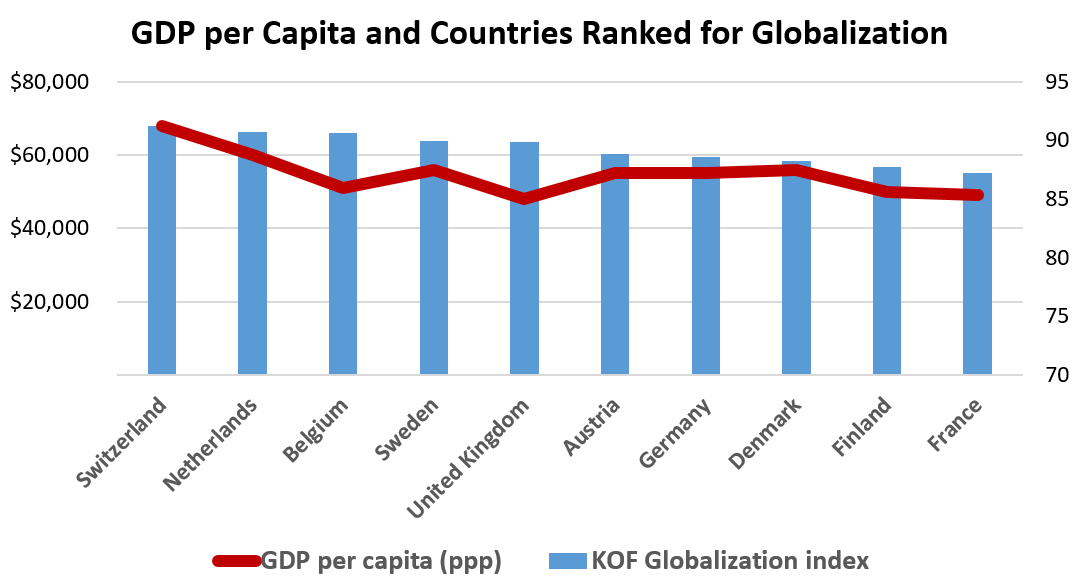The Coronavirus Won’t Stop Globalization: Lawfare
As countries close borders to contain COVID-19 and consider new trading patterns for essential goods, analysts contemplate the end of globalization. Raphael S. Cohen, senior political scientist with Rand, refutes three sets of arguments. First, globalization has long endured destructive populism, deep divisions and pandemics. Second, viruses are part of the natural world, and the most competitive nations will adapt with health screenings just as they did with security screenings after the 9/11 attacks. The third argument is the “spectacular initial failure of internationalism in the face of the crisis” as “each country focused on providing for its own population,” Cohen writes. “In the aftermath of the pandemic, states may more actively manage the health care industry to ensure a national ability to produce critical items like masks, ventilators and prescription drugs in the event of crises. However, many countries, including the United States, already take a similar hands-on approach to overseeing their defense industrial bases, so such a shift in the health care sector – if it occurred – would hardly be a novel approach or a fatal blow to globalization at large.” Countries will continue trading based on their strengths. Cooperation is the foundation of the best pandemic responses, and Cohen anticipates globalization to remain resilient. – YaleGlobal
The Coronavirus Won’t Stop Globalization: Lawfare
Globalization may have helped spread COVID-19, but nations cannot deny the many benefits – and will adapt with health screenings and testing
Monday, April 13, 2020
Read the article from Lawfare about why nations would struggle to withdraw from globalization.
A former active-duty U.S. Army officer, Raphael S. Cohen is a senior political scientist and the associate director of the Strategy and Doctrine Program, Project Air Force at the nonprofit, nonpartisan RAND Corporation.

Lawfare
© 2020 The Lawfare Institute